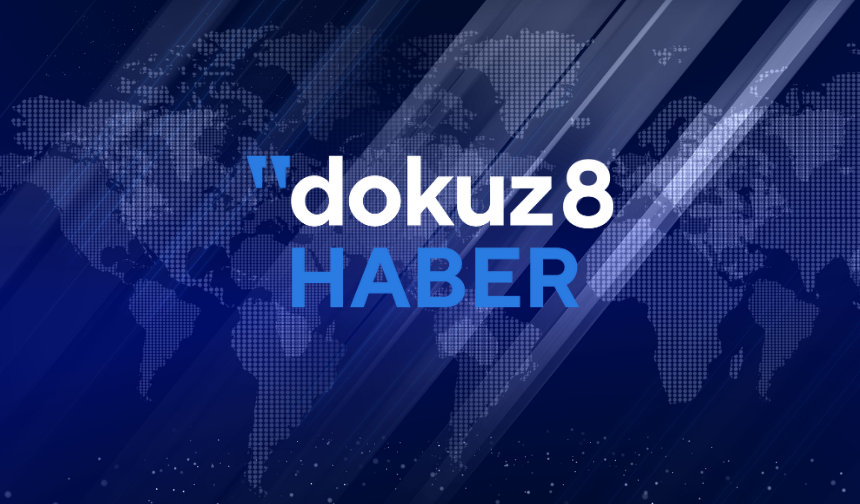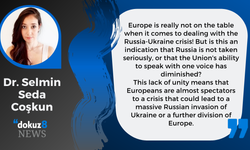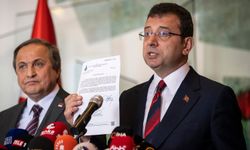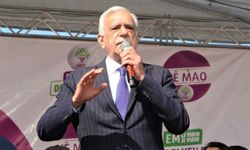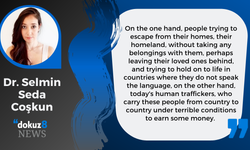Although the governing alliance refutes claims that an early election is coming up, the AKP chair & President Erdoğan announced that a new electoral system is needed to be in compliance with the Executive Presidential Regime. Rumours claim that 10% election threshold for single-parties is to remain while new measures are being introduced on new political initiatives' path.
In the past year with governing AKP losing key cities in municipal elections, internal criticism has become louder and louder and in the last few months new breakaway parties were formed from within AKP. Independent Turkey's Can Bursalı published a news article announcing that the new threshold system will include new measures. When a political party aims to get into the Parliament in Turkey, they need to pass the highest election threshold in the world, 10%. In recent years with the discussion over government ally far-right MHP's vote share falling below the 10% requirement, a new method was introduced allowing parties to form alliances which relied on any minor party to get into an alliance with a party that receives comfortable support, carrying both (or more parties) into the Parliament. Through this mechanism, the main opposition CHP has carried IYI Party, Saadet Party and Democrat Party into the Parliament in Parliamentary and Presidential Elections in 2018.
FORCING MINOR PARTIES INTO LARGER ALLIANCES
The first measure to be introduced is 5% threshold for alliances. While the new rumoured electoral system does not block formation of alliances, it simply requires all entities in an alliance to receive at least 5% of the vote, thus making minor parties obsolete and forcing electorate to vote strategically if they want to have an impact on the parliamentary discussions. In 2018 there were officially two alliances and three other individual parties that entered the elections. On the one side was the People Alliance of governing AKP and MHP which is also referred to as "Presidential Alliance", and from the opposition side it Nation Alliance of main opposition CHP, IYI Party and Saadet Party, followed by individual parties HDP, Hüda-Par and Fatherland Party. Inside the alliances were however represented even more parties. Democratic Party's Gültekin Uysal was nominated in the ranks of IYI Party, Turkish Workers Party nominees had signed up with HDP and got elected while Democratic Regions Party representative was also part of HDP. Also the Greater Unity Party's chair was elected from the ranks of governing AKP in the elections. Currently, with the newly founded DEVA -a breakaway from AKP- there are 11 political parties and 1 independent deputy in the parliament. The 5% alliance threshold would mean there would have to be more grand-alliances and larger parties nominating representatives of other parties; even though government ally MHP leader Bahçeli has repeatedly been naming his discontent regarding "loan MPs" and changing parties after getting elected from the ranks of one.
INCREASING NUMBER OF ELECTORAL REGIONS
The number of electoral regions in Turkey is currently listed as 87 for 81 provinces, with metropolises such as Istanbul, Ankara and İzmir receiving multiple regions. According to the rumoured proposal, there would be even more electoral regions and election maps would be redrawn to include 120 regions. Previously regarding redrawing of the electoral maps, there were raised questions and accusations revolving around the issue of gerrymandering. Even though the governing AKP in those elections made advances, the opposition took advantage of the newly drawn maps, capitalizing on the increasing criticism in the society.
REGIONAL THRESHOLD - REDRAWING ELECTION MAPS
While there had been no example of regional election thresholds before, and independent deputies would easily make it to the parliament given that they gather enough support in society, according to the newly rumoured measures a 20% regional threshold is being introduced which will make it much harder for independent movements to nominate candidates. Previously when Kurdish political movement was unable to pass the 10% national election threshold through a political party, they would nominate BDP's nominees individually as independent, campaign at the local level going from door to door letting people know that the individual independent candidates are being nominated by the relevant party and they should vote for this and this name if they support them. Even though this required an incredible level of coordination, the BDP at the time managed to get 19 seats and joined by another independent deputy, which allowed them to form a parliamentary group, becoming the fourth and smallest group. In the new system if 20% regional threshold is introduced, independent nominees will have to try much harder be it someone who personally wants to run for the parliament or supported by a political movement or a platform. This would set a great barrier for progressive movements such as the cyclists, animal rights activists or digital rights groups that generally make up a strong voice for the civil society, yet do not have too high representation concentrated in one region, thus falling from the political race.
